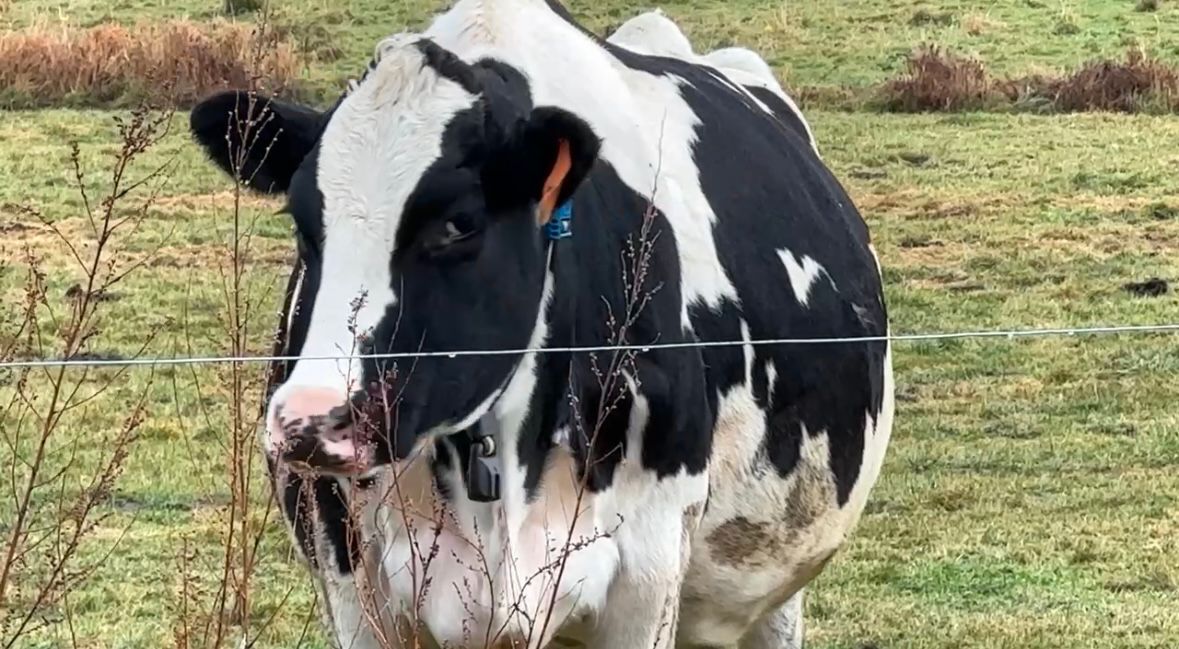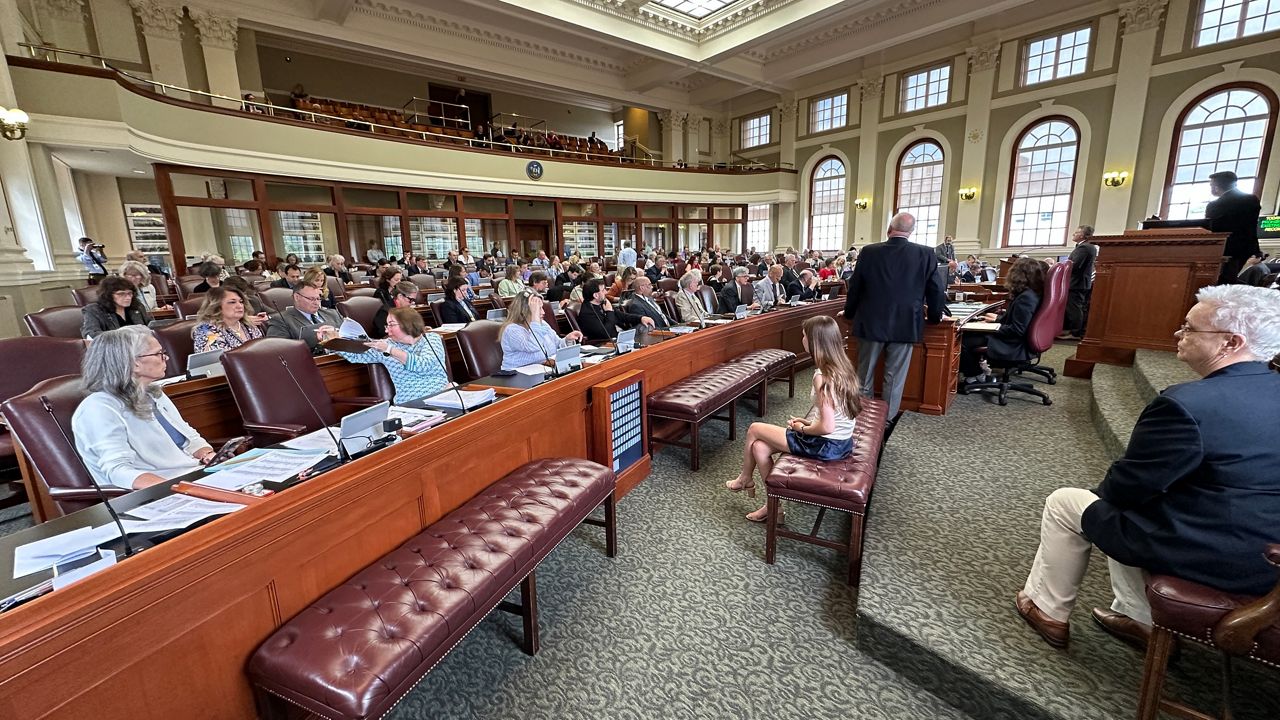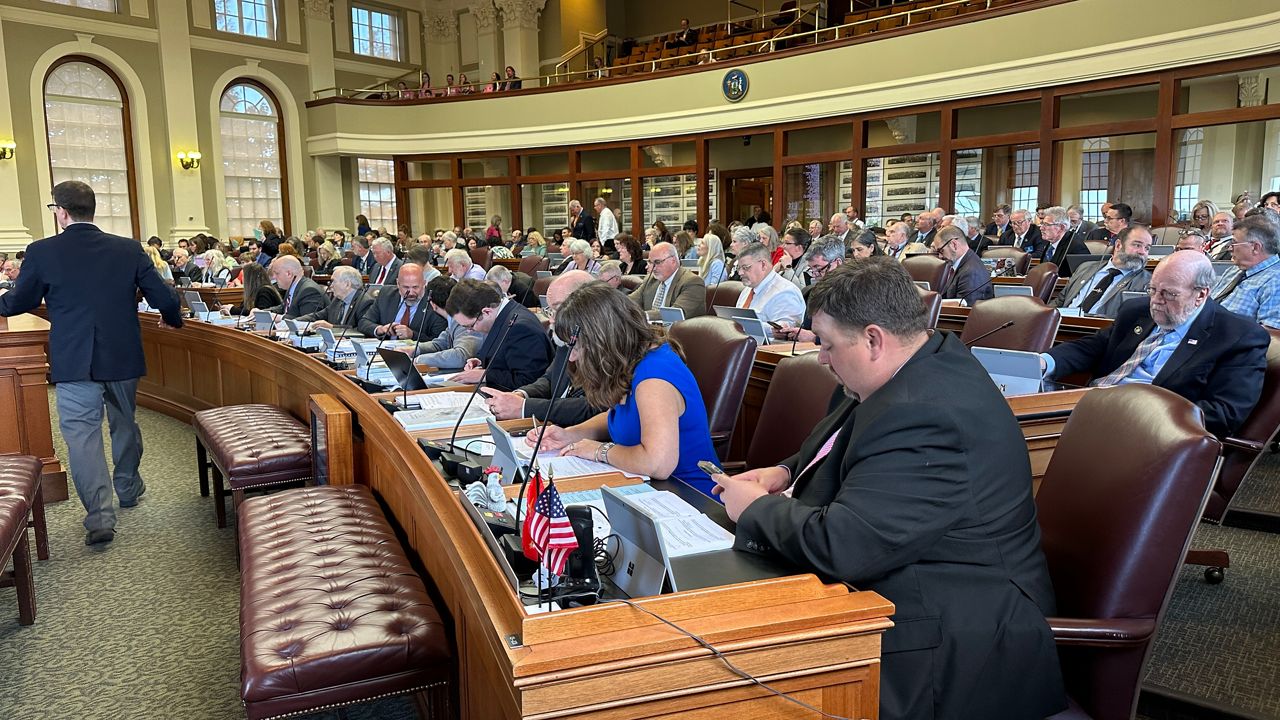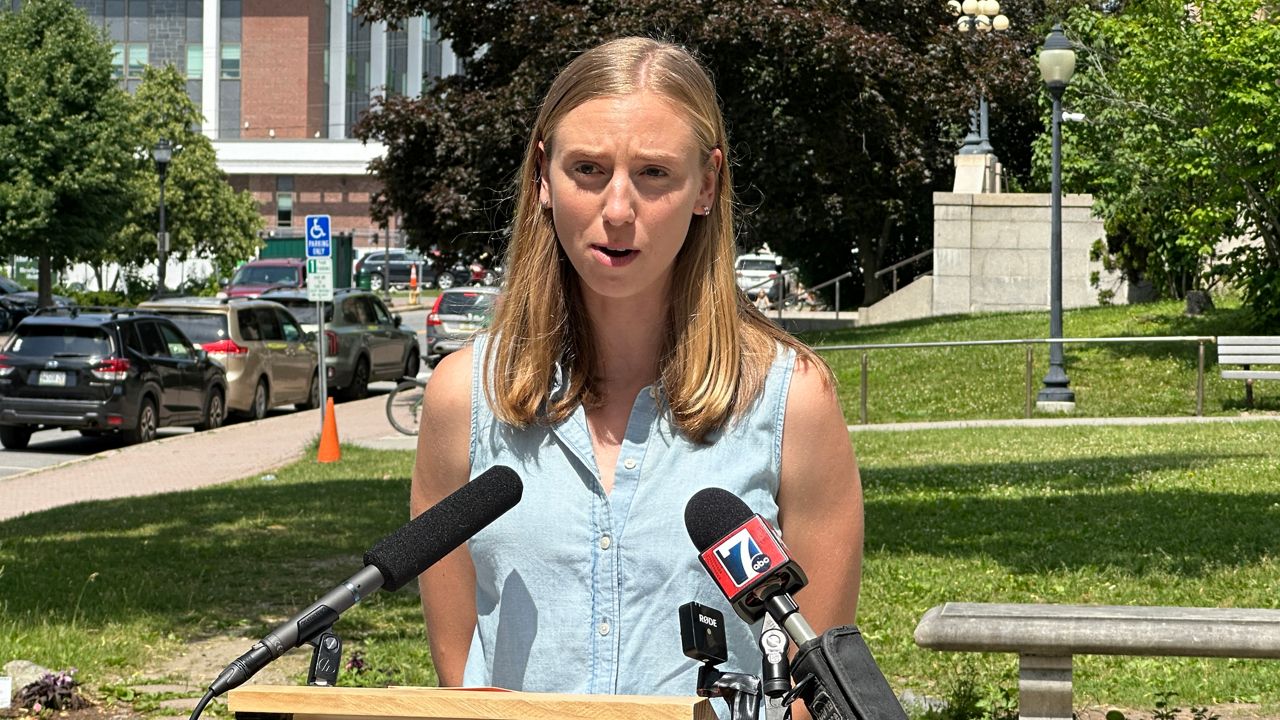AUGUSTA — The state’s dairy task force is asking lawmakers to consider a variety of potential funding streams to help keep more local farms in business, including increased taxes on cannabis, gambling and tobacco.
In a report released Wednesday, the Maine Dairy Task Force emphasizes that a state-run stabilization program is working, but that it needs reliable funding to stem the tide of farm closures.
Over the last 30 years, Maine has gone from 602 dairy farms to 140.
“The tier program functions most effectively when the funding levels fully cover the gap between the federal milk price and the current Maine cost of production, as originally intended,” according to the final report.
But it adds that “legislative negotiations” in recent years have capped funding or set the support levels below what farmers need to stay afloat. As a result, “this has added uncertainty and volatility back into a process specifically designed to eliminate them.”
The report, which is now before the Legislature’s Agriculture, Conservation and Forestry Committee, lays out the importance of dairy farms to the state’s overall agriculture economy, noting that in 2022, the dairy industry had a $230 million economic impact.
It supports 14,600 direct and indirect jobs and provides over $835 million in total wages.
Another data point is that dairy farms manage about 700,000 acres of farmland and forestland, according to the report.
That statistic tracks with another one of the funding sources that the task force is asking lawmakers to consider — the real estate transfer tax.
The task force suggests consideration of an increase to the tax on the sale of homes over $1 million. The tax, which is currently $2.20 per $500 of the home’s value, is paid by both sellers and buyers during real estate transactions.
“Dedicating a tax on high-end home sales for the dairy sector would help offset the impact these homes have on Maine’s dairy farms,” according to the report.
Other potential funding sources include increased revenues from gambling proceeds, increasing the tax on adult use cannabis and adding “pennies per pack” to the tobacco tax.
When it comes to gambling, the dairy fund already gets about $450,000 a year from a 0.5% tax on slot revenue at the Oxford Casino. Other support for the program comes from the state general fund and over the last 20 years, lawmakers have opted to contribute nothing to the fund all the way up to $20 million, according to the report.
Other recommendations include establishing tax credit programs, expanding the availability of feed and adding more dairy processing capacity.
“Beyond the dairy sector, these recommendations will provide a secure foundation for the breadth of Maine agriculture that depends on the businesses and infrastructure the dairy sector supports,” the report states. “Investments in Maine dairy farms and dairy processors are an investment in Maine agriculture and the state’s local food system.”











